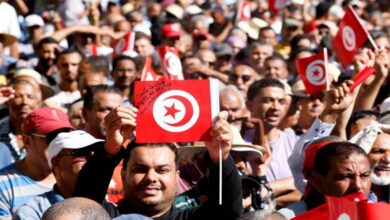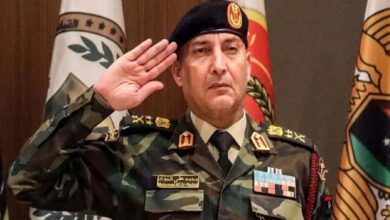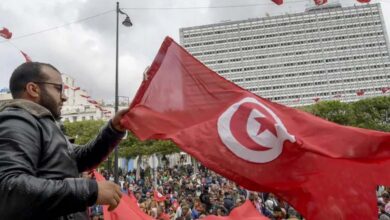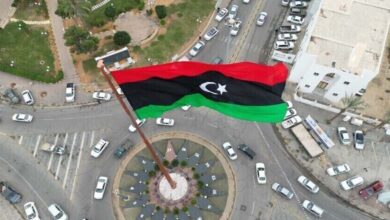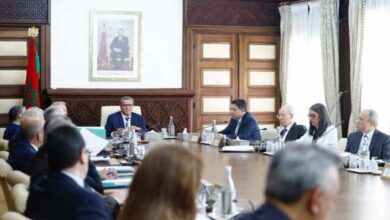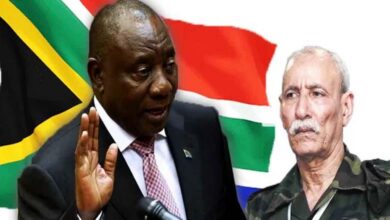Demands for Formation of a New Government in Libya Pose Challenges for Dbeibeh
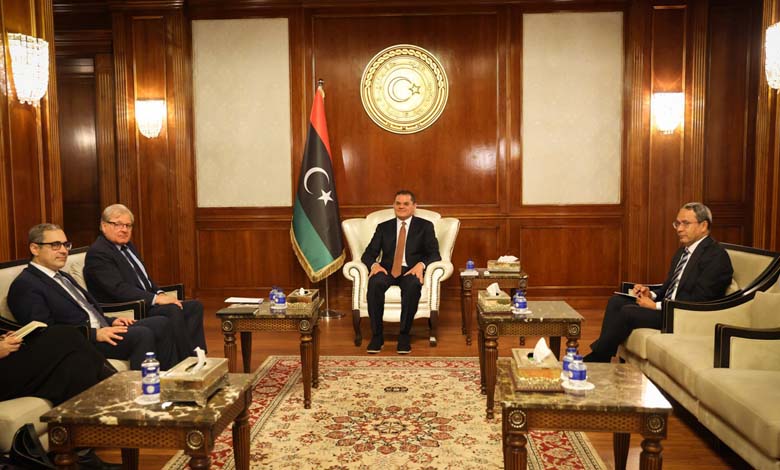
As Prime Minister of the Government of National Unity Abdul Hamid Dbeibeh faces growing domestic discontent, particularly in western Libya, calls for the formation of a new unified government in Libya to change the current situation are mounting, driven by the country’s deteriorating financial, economic, and security conditions.
Washington has shown openness to the formation of a new government in Libya, with U.S. Special Envoy for Libya Richard Norland emphasizing during his meeting with Dbeibeh Tuesday evening the importance of forming a caretaker government involving all Libyan stakeholders in the political process overseen by the United Nations Support Mission in Libya, to remove the remaining obstacles to elections.
In a sudden shift in stance towards his ally Dbeibah over disagreements regarding public spending, Central Bank Governor Saddek Elkaber requested in a speech addressed to Parliament Tuesday the approval of a new unified government to unify and streamline public spending, to achieve financial stability for the Libyan state, especially in light of the challenges the bank faces in providing for the domestic market’s foreign currency needs due to increasing public spending and the presence of parallel spending of unknown origin, according to Arabiya Net.
This trend aligns with efforts led by members of the High Council of State and Parliament to oust the Dbeibeh government, demanding during a meeting in Tunis a week ago the formation of a new national government tasked with completing the electoral process, calling for the selection of the new Prime Minister through a transparent and fair mechanism based on the roadmap adopted by consensus between the two councils and under the supervision of the UN mission.
Meanwhile, calls have emerged in the cities of Misrata, Zentan, Zawiya, and Bani Walid, accusing Dbeibeh of obstructing the political solution due to his cling to power, and calling for the formation of a unified government capable of unifying state institutions, asserting its control over the entirety of Libya, and renewing legitimacy through free and fair presidential and legislative elections.
The formation of a new government in Libya remains highly contentious, with divisions between those advocating for expediting elections to end the transition phases and those calling for the formation of a unified government to create the necessary conditions for elections.






